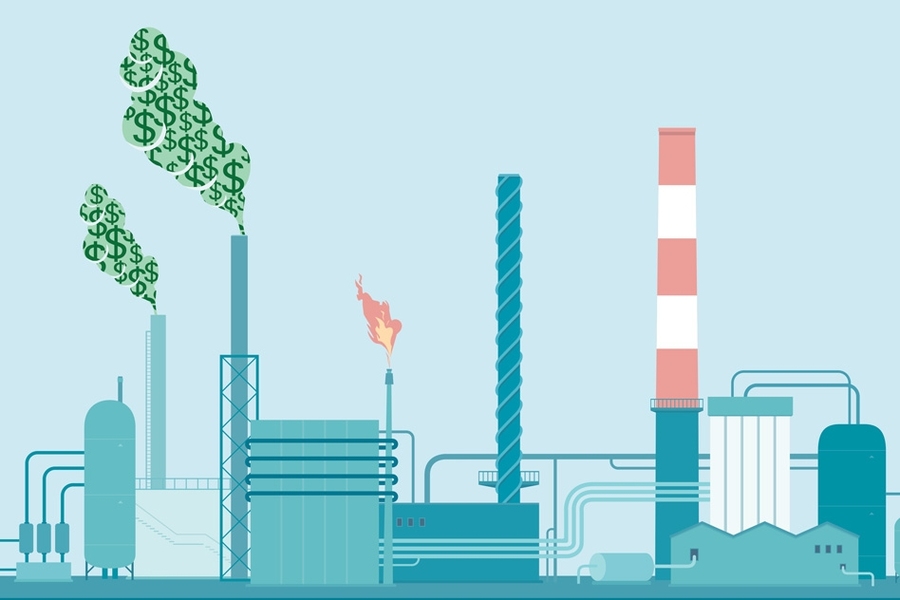

While the first figure is substantial, the second would utterly cripple our day-to-day activities. The high-end of 1,557 would mean each gallon of gasoline would come with a 15 tax. The Biden interim SCC thus would mean a 50-cent increase per gallon. The term can also refer to taxing other types of greenhouse gas emissions, such as methane. Every 10 in carbon tax equates to about a 10-cent increase in the cost of a gallon of gasoline. This paper is intended to serve as an economic explainer comparing carbon pricing policies to regulatory policies. A carbon tax is levied on the carbon content of fossil fuels. Support for a carbon tax became a political death knell, due in part to the power of the fossil fuel lobby: A 2019 study found that political lobbying reduced the chances of Waxman-Markey’s. Carbon pricing and command-and-control regulations both remain in contention, either as alternatives or as complementary policies. A carbon tax is an artificial cost levied by a government upon entities buying and selling energy sources that emit carbon dioxide and other greenhouse. The former relies on markets to achieve emission reductions while the latter relies on regulations, such as performance standards and technology mandates. The two leading options for reducing greenhouse gas emissions (or carbon emissions, for short) are carbon pricing and command-and-control regulations. Carbon taxes are widely regarded as a potentially effective and economically efficient policy instrument for decarbonizing the global energy supply and thus.
#CARBON TAX HOW TO#
There is less consensus, however, on how to go about it. Revenue raised by carbon taxes can be used to reduce other taxes, fund infrastructure improvements, pay for alternative energy research and provide cash dividends to citizens. Carbon taxes are seen as a way to reduce carbon emissions by encouraging businesses and consumers to switch to less carbon-intensive products and services, and also to encourage investors to pursue ESG strategies. In theory, carbon tax revenues could be used to eliminate the corporate income tax, the payroll tax, or, in extreme amounts, even the personal income tax itself. There is a broad consensus that the world faces a serious threat from climate change, and that reduction of greenhouse gas emissions, eventually to net zero, is essential to mitigating that threat. A carbon tax is a tax levied on the emission of carbon dioxide into the atmosphere. It is difficult to compare the distributional impact of carbon taxes to that of regulations, as there is substantial analysis of the distributional effects of a carbon tax but very limited information on how environmental regulations would impact various demographic groups.A carbon tax combined with revenue recycling would be a less costly policy to reduce emissions than regulations of comparable effectiveness.Carbon pricing has greater efficiency advantages over regulations when technology changes over time than when it is fixed.



 0 kommentar(er)
0 kommentar(er)
